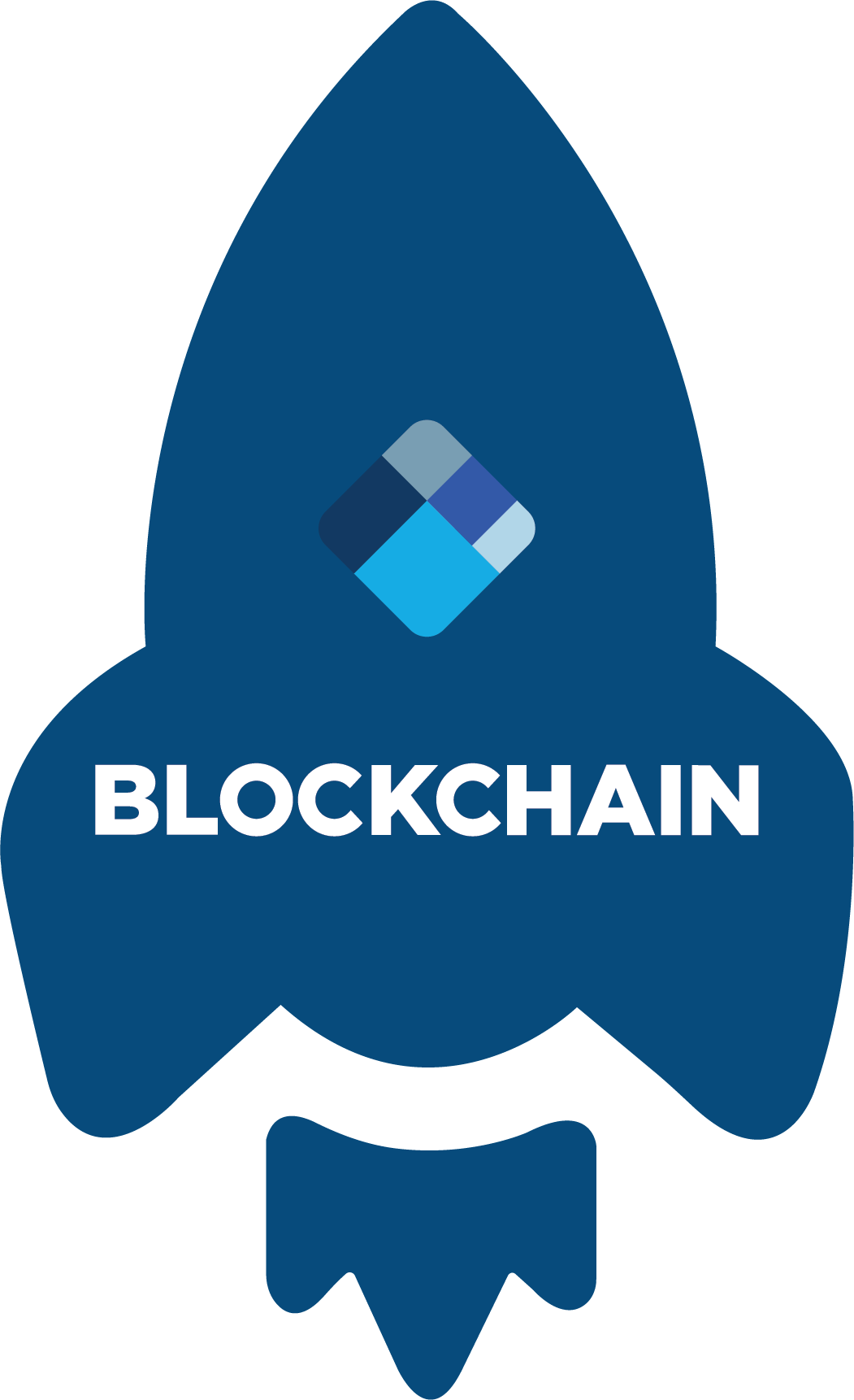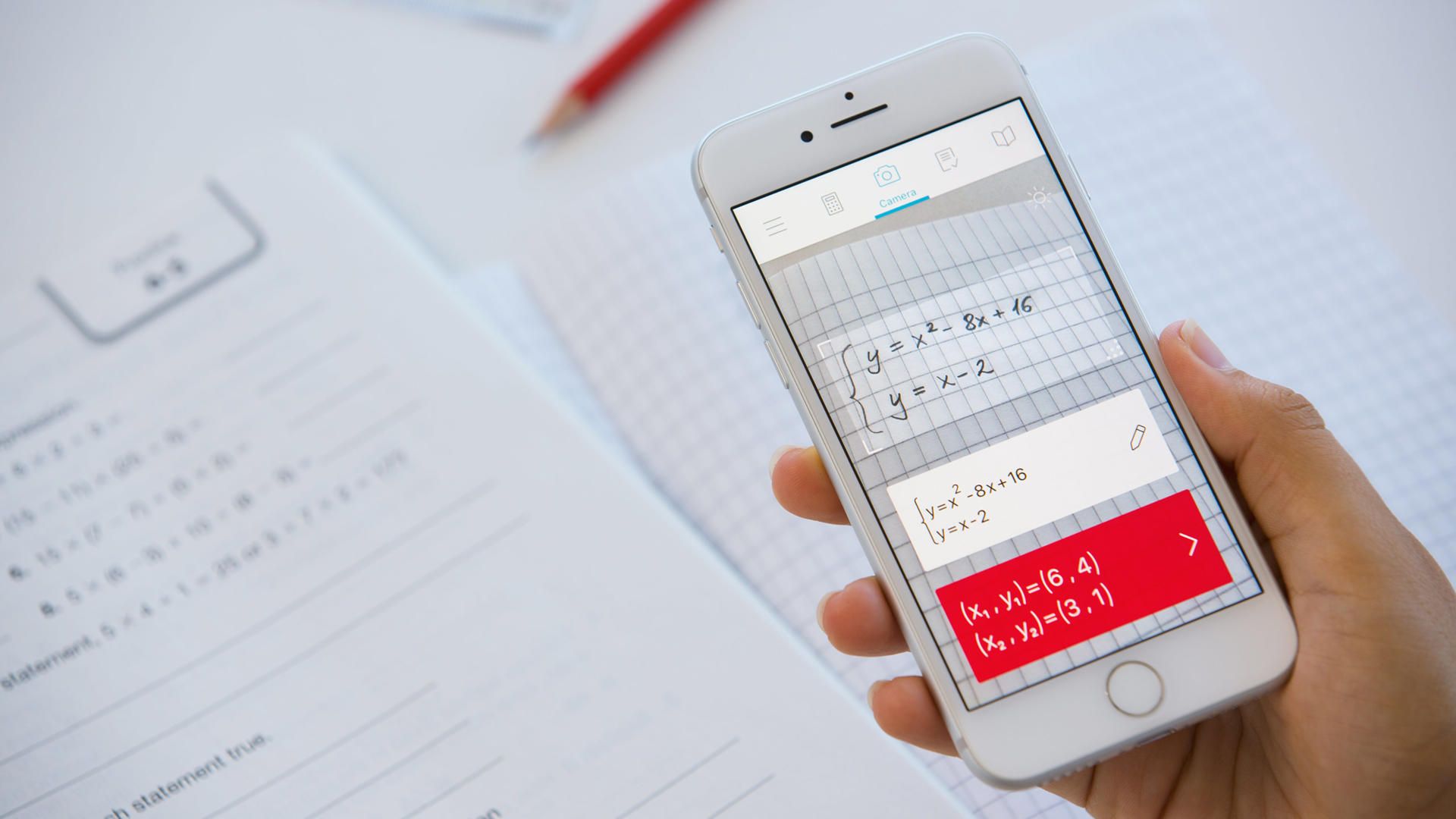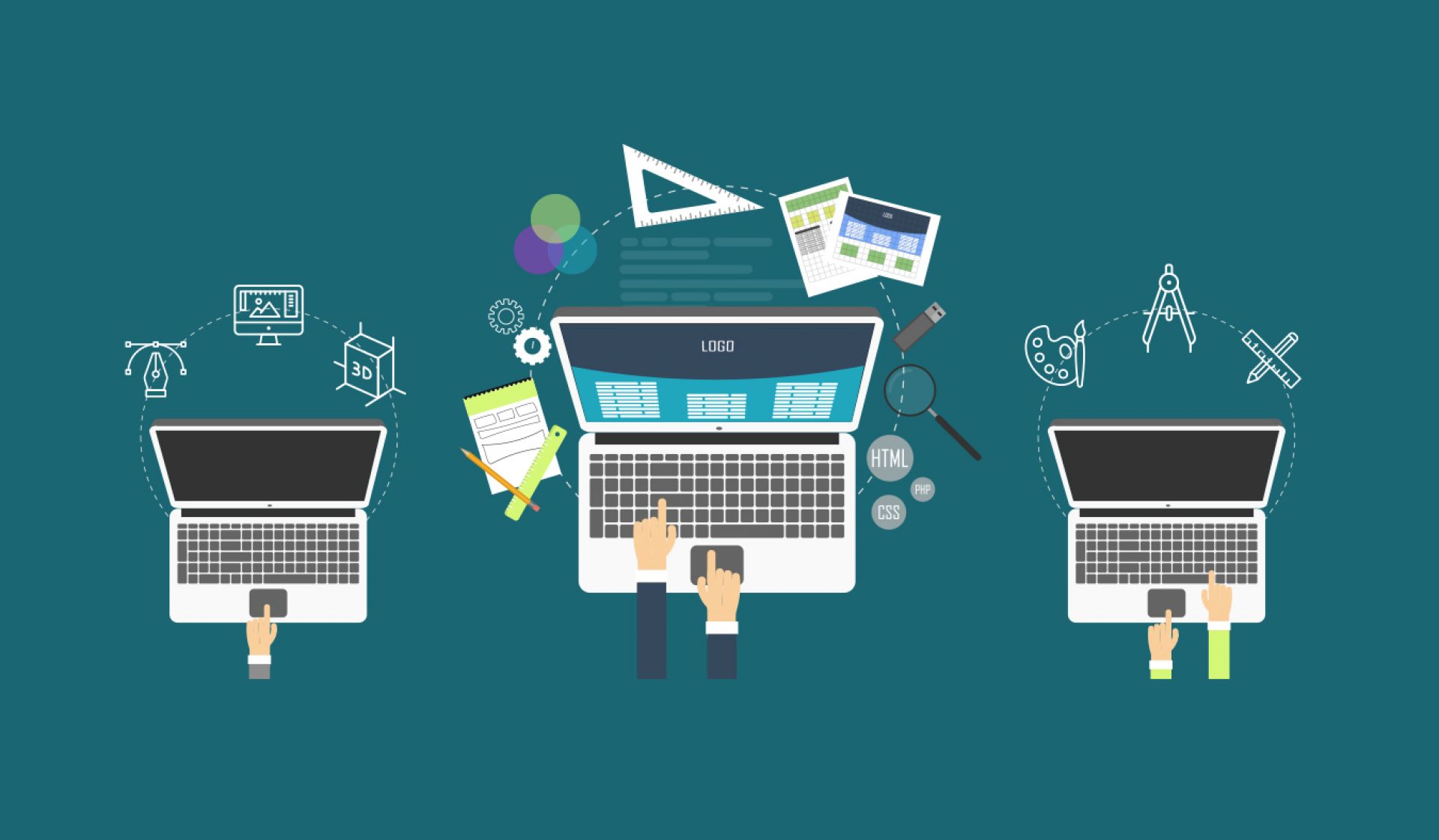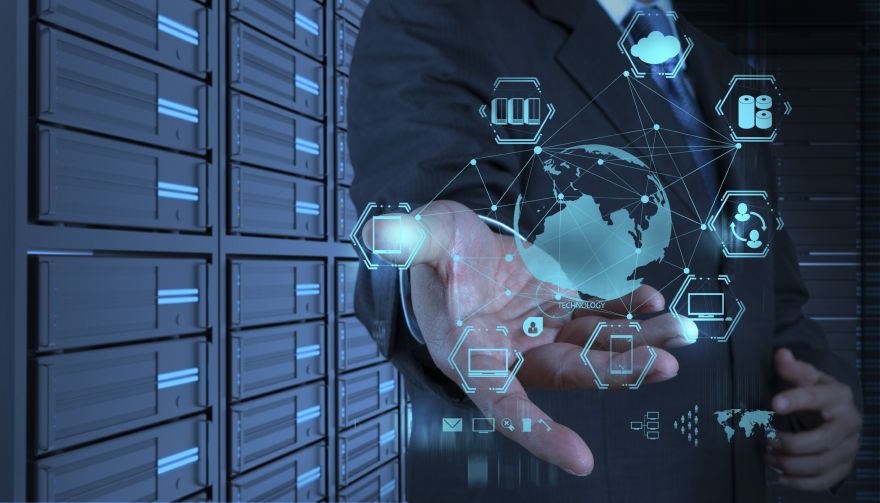
How does the Blockchain Work?
To get the real understanding of what blockchain is and how cryptocurrency world is organized I recommend to start from mentioned below white papers:
Bitcoin: A Peer-to-Peer Electronic Cash System and
Ethereum: A Next-Generation Smart Contract and Decentralized Application Platform
Of course, reading of these papers will not give you all answers to your questions, so I suggest you read more and more :) Currently, the most widely asked questions have the following nature:
“How my idea can be used together with blockchain,”
- or;
“How can I get investments and so what from tokens will go up in value.”
Answers to such questions you can find in the works mentioned above.
Let's continue our journey if you want to get the clue of how Blockchain works.
Well despite the hype caused by Blockchain there is a straightforward explanation.
Once you dive into architecture and basic theory of crypto economics, everything becomes simple, and you will catch insight after that your perception of the world will never be the same again.
In this guide, we tried to bring clear, nontechnical introduction of the most disruptive and transformational and misunderstood technology of our time.
So if you want to get the understanding of what blockchain technology is, how it works, it's transformational role and impact nowadays, without all the technical lingo, then this article helps you.
Historically, all money or other asset related transaction activities to ensure trust and be less risky and predictable were relying on such intermediaries as banks and governments.
Intermediaries are required to support the transaction process through adding such activities as authentication and record keeping necessary to add trust to the transactional process.
The role of middle man became even more crucial when it came to a digital transaction.
The importance of such brokers has grown that is connected with nature of digital assets such as money, stocks or intellectual property, which are usually represented in the form of files or database records, whose are amazingly easy to replicate.
Finally, this created existence of the so called double spending problem when the same unit of value can be used more than one time, which until now has blocked the peer to peer transactions related to digital assets.
Of course, you can ask whether it is possible to conduct digital transactions without an intermediary.
And the answer is "Yes."
A new technology exists nowadays which makes it possible. To move further, we will need to bring you to a small context prior diving into mechanics of this revolutionary technology.
Blockchain and Bitcoin how are they connected?

In 2008 a person or group of individuals using pseudonym Satoshi Nakamoto issued the white paper where Bitcoin first was introduced to the broad audience.
In their work authors described an innovative peer to peer electronic cash system under the name of Bitcoin, which was pronounced as online payments system where transfers were done directly, without a need for an intermediary.
The proposed payment system was innovative, but real revolution was under its hood in its mechanics.
The main technical innovation was observed not in the digital currency itself but in the technology that was to support operations, known today as blockchain.
Despite the tight association between each other, blockchain, as technology has many other applications and Bitcoin, is solely the first application used to it. In fact, except Bitcoin, there are about seven hundred applications that use the blockchain technology today.
Sally Davies, FT Technology Reporter, stressed that
“Blockchain is to Bitcoin, what the internet is to email. A big electronic system, on top of which you can build applications. Currency is just one.”
The other example of the evolution of the blockchain based application is the Ethereum public blockchain, which added a way to execute peer to peer so called smart contracts.
How is blockchain organized?

The blockchain is arranged as a decentralized database which acts as a type of distributed ledger, where records about digital transactions are kept and stored.
Instead of being centrally administered like a traditional database, (take a look at banking systems, governments' infrastructure, accounting systems), a distributed ledger is based on a network of replicated databases. All synchronization is between them is done via the internet, and anyone within the network can see their data.
Blockchain networks can be built either as a private network (similar to intranet) with restricted membership, or a public network (accessible through the Internet) and where any person in the world can get access to its data.
When a digital transaction is fulfilled, system groups it together with other transactions which have occurred in the last 10 minutes into a cryptographically protected block sent out to the entire network.
Members of the network equipped with a high computing power equipment, called Miners, then start the competition for validation of the transactions by solving complex coding problems. The first miner who solved the problem and validated the block receives a reward (the Bitcoin Miners get rewards in Bitcoins, etc.).
The validated block of transactions receives a time stamp and then following chronological order is linearly added to a chain. The chain consists of linked new blocks of validated transactions with older blocks. As a result, historically all performed transactions are stored in the blockchain. Every ledger in the network is continuously updated and synchronized, so all them are the same, and each member can prove any ownership at any given time.
Vitalik Buterin, Ethereum co-founder, said that
Because of Blockchain’s openness, cryptographic and decentralized nature, it is possible to its users to build trust each other and make peer to peer transactions in a safe way without need in intermediaries.
You can ask "What about security is it safe to keep assets there ?"
Hacking attacks which are possible to apply against centralized intermediaries are virtually impossible to use against the blockchain. As an example — if someone wants to hack some particular block of a blockchain, then this hacker will need to hack not only that specific block but also all of the proceeding blocks connected back the entire history of transactions of that blockchain.
Moreover, hackers will need to do it against every ledger in the network, that is nearly impossible to do taking under consideration millions of them, and that this should be done simultaneously on all of them.
How can the blockchain transform the global economy and the Internet?
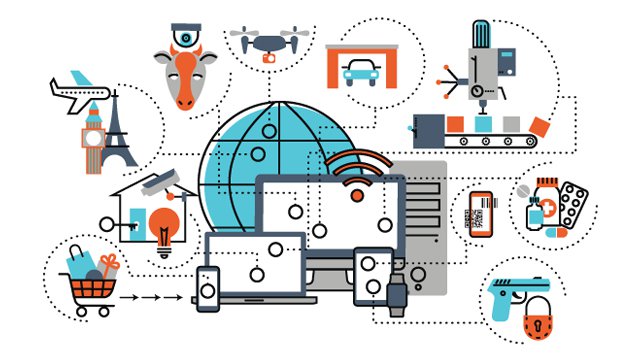
Blockchain's disruptive nature is difficult to underestimate. It has a chance to change the whole global economic landscape. The technology enabled digitalisation of assets, and so it drives to the fundamental shift from the Internet of information, where people can instantly exchange, view information and communicate with each other to the Internet of value, where it possible immediately transfer and trade assets. In a new global economy of immediate value transfer, all intermediaries are losing their important role, and moreover, the new economy becomes established not by central intermediaries but through consensus and complex computer code which builds trust.
Can we say that "Blockchain is only about money transfers," - No, it isn't. Today we see applications that go far away from such broad things like digital currencies and money transfers to such areas as smart contracts, electronic voting, digitally recorded property assets, medical health document management, etc.
Blockchain will extremely disrupt hundreds of industries that rely on intermediaries and initially will result on job losses but later the complete transformation of entire industries. What we see today is that banks and governments often prevent the free flow of business through strict regulatory requirements and the time required to process and verify every transaction.
Companies and people using the blockchain will be able to improve the quality of trade because of both higher efficiency and higher frequency, that will boost local and international trade. Blockchain will help to eliminate expensive intermediary fees that have a significant influence on the final prices, especially in the payments transfer services space.
As a result, most remarkably, blockchain will influence in democratization and expansion of the global financial system. People with limited presence in the world economy will have excellent access to financial and payment systems, and greater protection against corruption through the transparency of operations and unique identity protection opportunities.
Brock Pierce stated that “Every human being on the planet with a phone, will have equal access. Expanding the total addressable market by 4X.” The potential impacts of blockchain as a technology on society, communities, and the global economy will be even more significant after the appearance of new applications utilizing the technology.
Many of the most exciting applications are only on the way to be developed and disrupt the world.
Please let us know If you need more information either emailing us at This email address is being protected from spambots. You need JavaScript enabled to view it. or reading other articles on the site.
This email address is being protected from spambots. You need JavaScript enabled to view it. founder, and CEO of ZEUS Group, a blockchain lab that builds, and powers companies with Blockchain technology.
